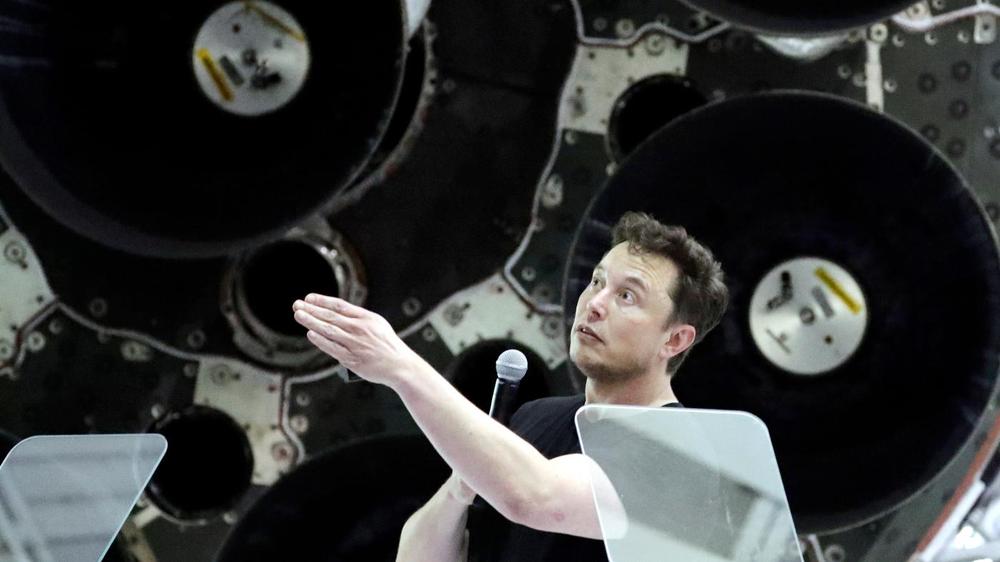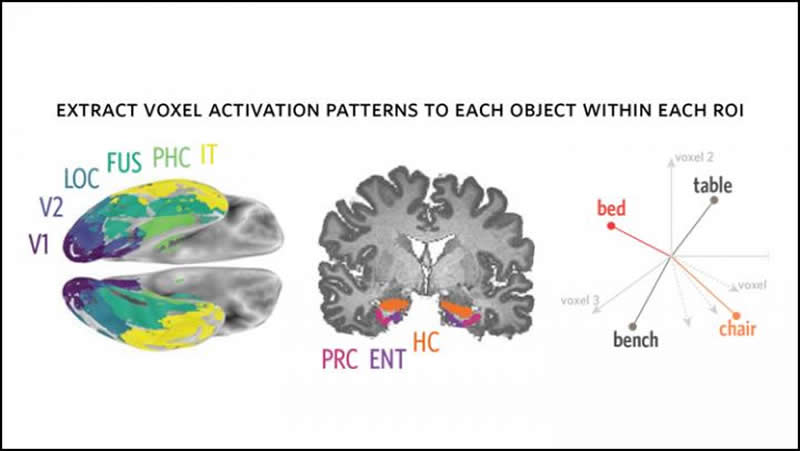China is poised to launch the first national digital currency. There will be no counting the disruption.



WASHINGTON — Iridium Communications completed disposal of the last of its 65 working legacy satellites Dec. 28, while leaving open the possibility of paying an active-debris-removal company to deorbit 30 that failed in the decades since the operator deployed its first-generation constellation.
McLean, Virginia-based Iridium started deorbiting its first constellation, built by Motorola and Lockheed Martin, in 2017, as it replaced them with second-generation satellites from Thales Alenia Space.
Of the 95 satellites launched between 1997 and 2002, 30 malfunctioned and remain stuck in low Earth orbit, according to Jonathan McDowell, an astronomer at the Harvard-Smithsonian Center for Astrophysics.

INDIANAPOLIS (WTHR) — One of the sky’s brightest stars has been acting a little weird recently.
Betelgeuse, a bright star in the constellation Orion, has been rapidly dimming since the beginning of December. It’s already dimmed by a factor of two, according to the Independent, which makes the change visible to the naked eye. Betelgeuse was once the ninth brightest star in our sky, but after its dimming it doesn’t even break the top 20 anymore, according to the Washington Post.
The star is known as a “variable” star, which means it’s characterized by cycles of brightening and dimming. However, scientists have never recorded it dimming so fast. Astronomers Villanova University say this is an all time low in brightness for the star.

5 European startups extending our lifespans ~ via EU-Startups #perpetuallife
How can we live longer? 5 European startups extending our lifespans
How can we live longer? How do we live healthily to extend our lifespans? How do we feel younger than our age? These are among the many questions scientists have been trying to answer about aging.





The holidays might be a time of slowed activity for most companies in the tech sector, but for SpaceX, it was a time to ramp production efforts on the latest Starship prototype — “Starship SN1” as it’s called, according to SpaceX CEO Elon Musk. This flight design prototype of Starship is under construction at SpaceX’s Boca Chica, Texas development facility, and Musk was in attendance over the weekend overseeing its build and assembly.
Musk shared video of the SpaceX team working on producing the curved dome that will sit atop the completed Starship SN1 (likely stands for “serial number 1,” a move to a more iterative naming system and away from the “Mark” nomenclature used for the original prototype), a part he called “the most difficult” in terms of the main components of the new spacecraft. He added that each new SN version of the rocket SpaceX builds will have minor improvements “at least” through the first 20 or so versions, so it’s clear they expect to iterate and test these quickly.
As for when it might actually fly, Musk said that he hopes this Starship will take off sometime around “2 to 3 months” from now, which is still within range of the projections for a first Starship high-altitude test flight given by the CEO earlier this year at the unveiling of the Starship Mk1 prototype. That prototype was originally positioned as the one that would fly for the high-altitude test, but it blew its top during testing in November and Musk said they’d be moving on to a new design rather than repair or rebuild the Mk1.
Samsung disclosed that it will introduce an “artificial human” called Neon at CES 2020 on Jan. 7 that is totally different than its artificial intelligence (AI) assistant Bixby, Digital Trends reported.
The limited information about Neon was shared on Samsung’s Twitter account, and includes an “Artificial Human” teaser in several languages with the tagline “Have you met an ‘artificial’?”
Samsung’s social media posts indicate that Neon is an “artificial intelligence being” and “best friend.”